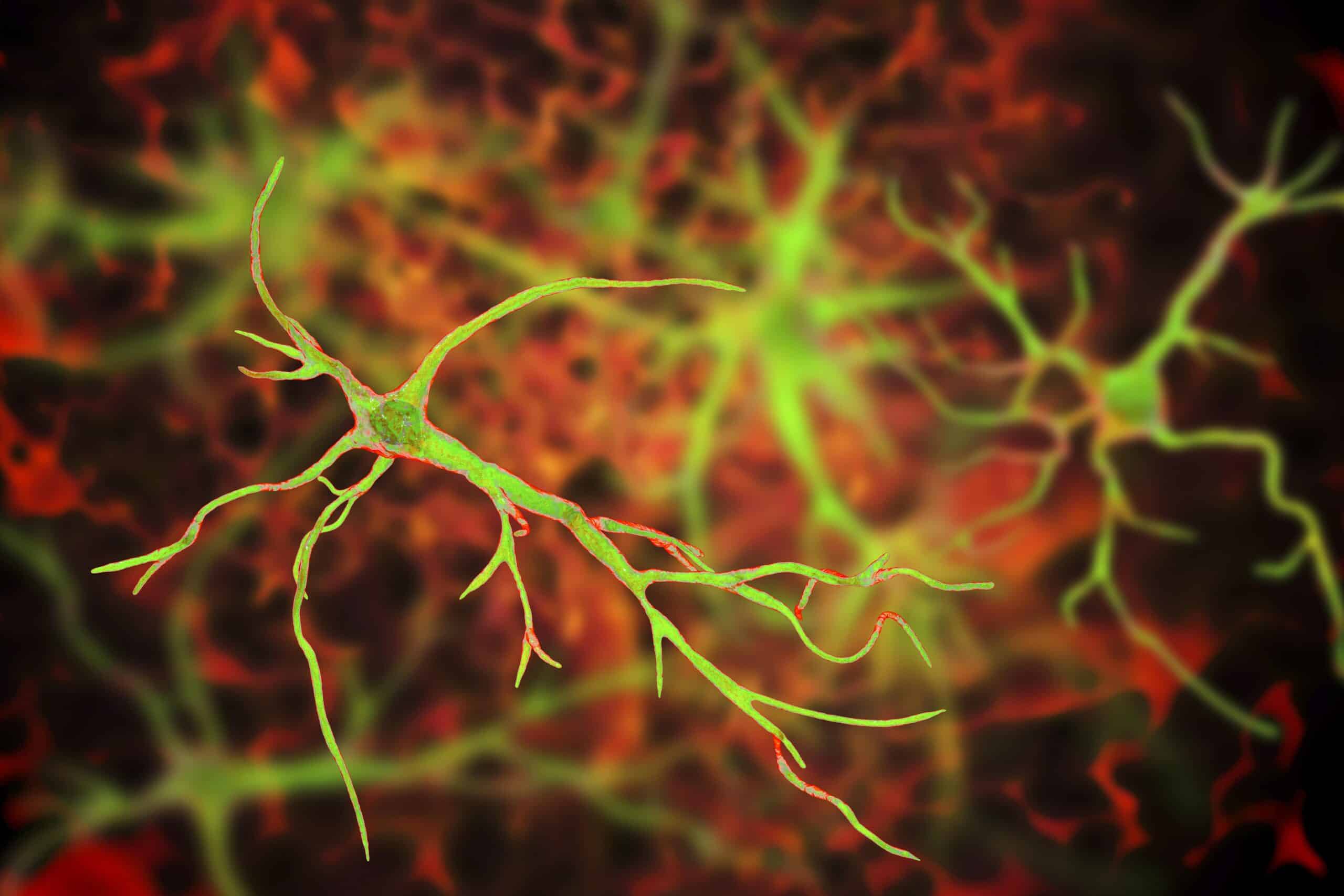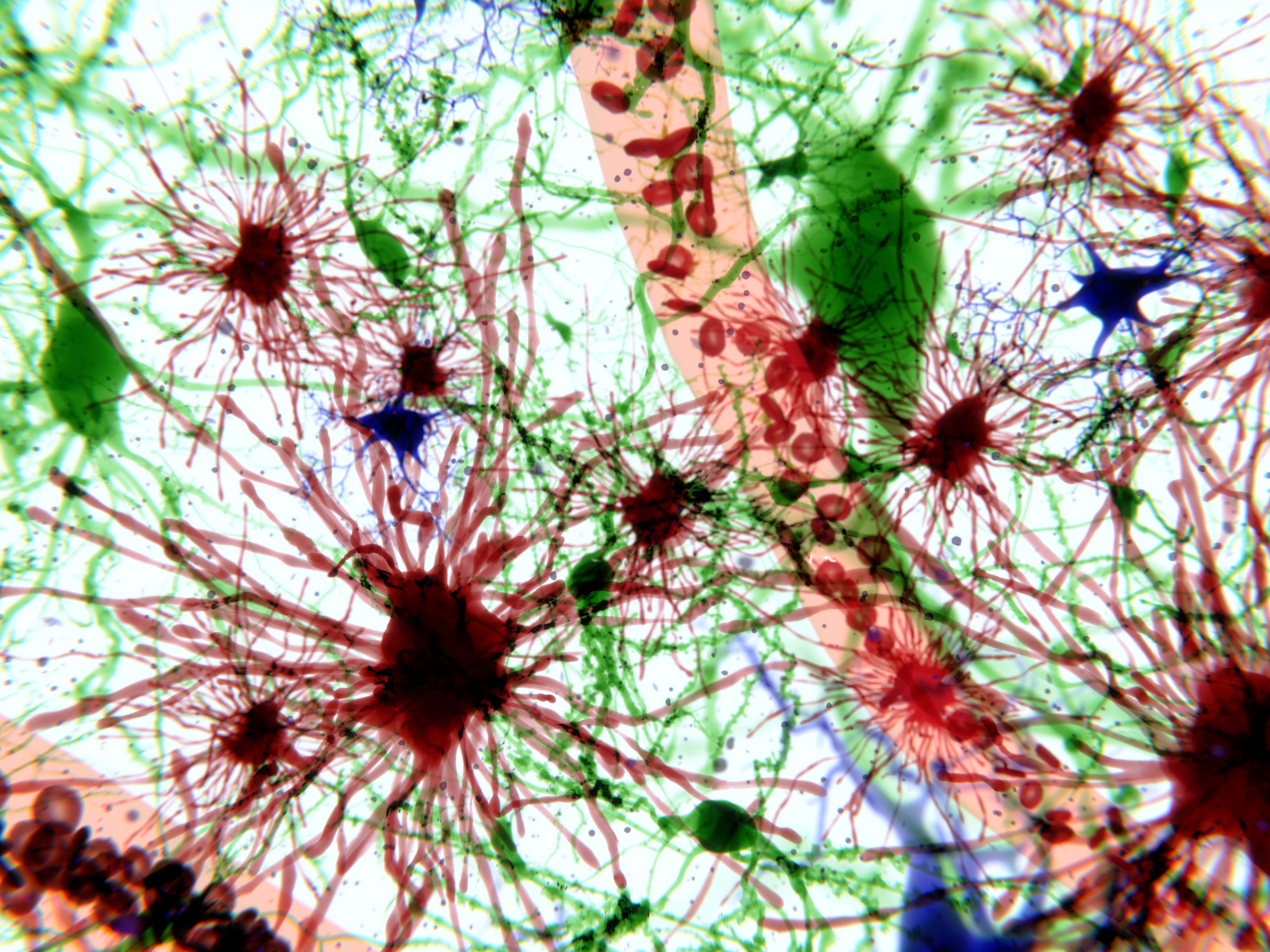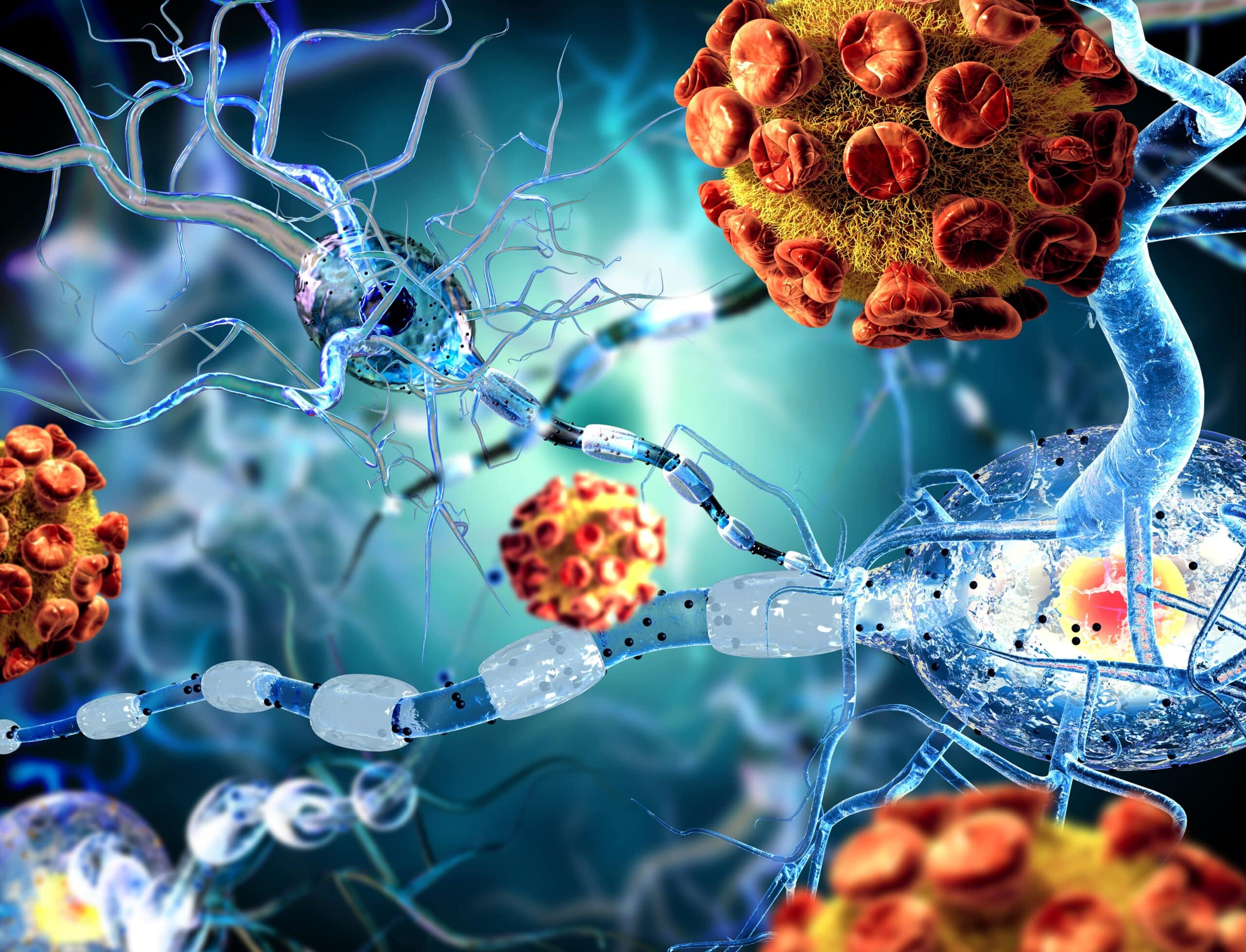Targeting Astrocytes for Alzheimer’s Treatment
QPS Neuro
A team of South Korean scientists at the Institute for Basic Science have made a groundbreaking discovery about the role that astrocytes may play in Alzheimer’s disease (AD). The team of researchers, led by Director C. Justin Lee, uncovered a mechanism by which astrocytes in the brain absorb high levels of acetates, which in turn …
Targeting Microglia to Reverse Damage from Aging
QPS Neuro
Researchers at Trinity Biomedical Sciences Institute (TBSI) have discovered a link between the presence of specialized immune cells, called microglia, and age-related neurological diseases. In their study, the scientists from TBSI and the University of Maryland School of Medicine observed that as the brain ages, cellular debris accumulates inside autofluorescent microglia, slowing their functioning and …
Study Challenges Assumptions About Female Mouse Behavior
QPS Neuro
Neuroscience research has long relied on the use of mouse models as a controllable way to study the brain, model human diseases and disorders, research behavior, and develop new therapies. And this research has historically and significantly favored male mice over female mice due to the belief that female mice’s hormonal cycles made their behavior …
Huntington’s Disease and the Striatum: A Breakthrough
QPS Neuro
Huntington’s disease is a rare and fatal neurodegenerative disease caused by a genetic mutation that destroys brain cells in the basal ganglia, resulting in progressive motor, cognitive, and emotional impairments. Recent research breakthroughs out of MIT are shedding light on how this disease affects the striatum, a crucial part of the basal ganglia responsible for …
Newly Identified Schizophrenia Treatment Target Offers Hope
QPS Neuro
Schizophrenia is a chronic and severe psychiatric disorder that requires lifelong treatment. While schizophrenia does not have a cure, the most common and successful method of treating and managing symptoms has historically been a combination of antipsychotic medications and psychotherapy. However, this treatment regimen has limitations. While antipsychotic medications are widely available and can be …





